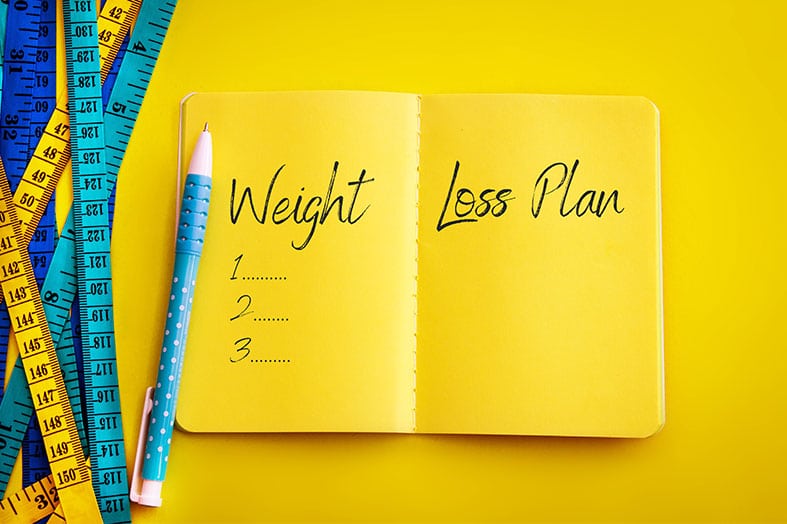Seasons
Madisonhealth Blog
FRIDAY, Jan. 4, 2019 (HealthDay News) — The number of weekly recommended workout sessions can really add up. With five or more periods of cardio, and two or three each of strength training, flexibility and motor skills for balance and agility, it’s inevitable that you’ll need to do more than one type of exercise on any given day. To make the most of every session, know the right sequence to follow. A Western Colorado University study sponsored by the American Council on Exercise (ACE) tested the variables and found definitive results. First, on days when you’re doing cardio, you should typically start with this workout, whatever aerobic activity you choose. You’ll not only get the maximum benefits by doing it first, but you’ll also warm up your body for the second exercise. If strength training is also part of that day’s plan, do it next. If you’re piggy-backing all types...
FRIDAY, Jan. 4, 2019 (HealthDay News) — Missing out on needed sleep can bring a host of health woes, including diabetes because a lack of sleep affects insulin levels. It also leaves you less alert and less able to focus. And get only four or five hours of sleep a night, and problems can develop even if your sleep loss is short-term. A number of studies have been done to evaluate the benefits of “catch-up” sleep — sleeping late on weekends to make up for missing sleep during the week. Research at the University of Chicago found that two nights of extra sleep reversed the insulin changes seen in participants, a small group of healthy young men who were sleep deprived for a few nights. But because the men went through this process only once, it’s not known if the results would be the same over a long-term “loss and...
WEDNESDAY, Jan. 2, 2019 (HealthDay News) — For many, the start of the new year signals the start of a new diet. But what’s the best way to eat if you want to lose weight? For overall healthy eating, the best diet plan is the Mediterranean diet, according to U.S. News & World Report’s annual diet review. The DASH (Dietary Approaches to Stop Hypertension) diet was ranked second on the magazine’s overall Best Diets 2019 list, followed by the Flexitarian plan. All three plans focus on eating a mostly plant-based diet (veggies, fruits and whole grains), healthy fats and lean protein sources. “I hope these rankings steer people in the direction of doing something healthful,” said nutritionist Samantha Heller of NYU Langone Health in New York City. “I wish though, that we weren’t so obsessed with weight loss and diets, per se. I wish the focus was on adopting a...
WEDNESDAY, Jan. 2, 2019 (HealthDay News) — Don’t wait until you get sick to see a doctor — wellness visits for women can catch problems before they become serious, as well as make sure you’re taking all the right steps for good health. A well-woman checkup focuses on preventive care. It may include immunizations, screenings to check your blood pressure, cholesterol levels and other health markers, and advice for setting wellness goals. Your health-care provider will document your health habits and health history and give you a physical exam. Depending on your age, he or she may do a breast exam. Your age and lifestyle will determine when you need a pelvic exam. Be prepared to answer questions about: Your personal medical history, such as any illnesses and/or surgeries you’ve had. Your family’s health history, including illnesses your siblings, parents and grandparents have had. Your use of alcohol, tobacco and...
(HealthDay News) — A hysterectomy may be recommended for cases of uterine fibroids, endometriosis, pelvic support problems, abnormal uterine bleeding, chronic pelvic pain and gynecologic cancer, the American College of Obstetricians and Gynecologists says.
Hysterectomies can be done vaginally, abdominally or laparoscopically. Vaginal hysterectomies tend to cause the fewest complications, the college says.
The procedure does carry potential risks, the college adds, including:
-
- Fever and infection.
- Heavy bleeding during or after surgery.
- Injury to the urinary tract or nearby organs.
- Blood clots in the leg that can travel to the lungs.
- Breathing or heart problems related to anesthesia.
Copyright © 2018 HealthDay. All Rights Reserved.
Showing 169-173 of 173 results





